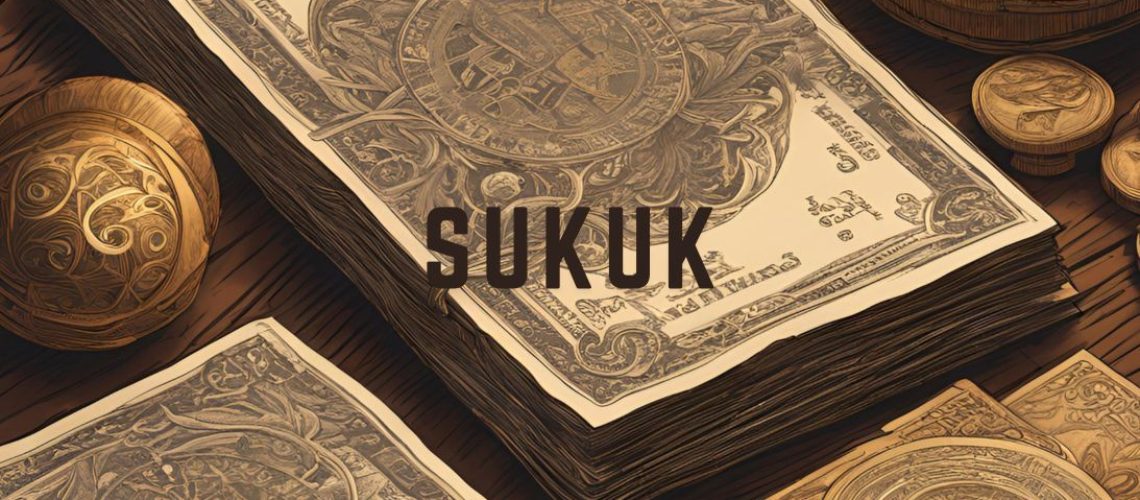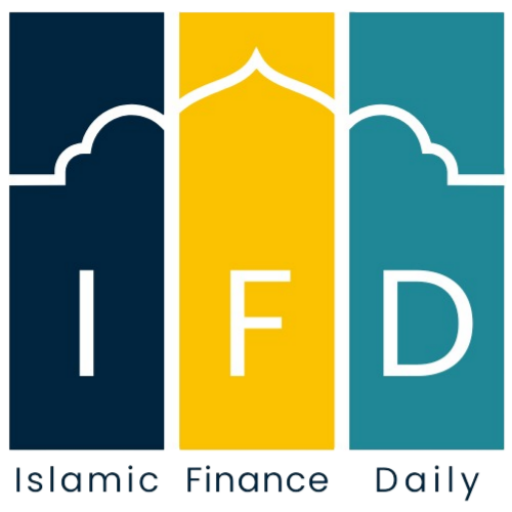Sukuk, commonly referred to as Islamic bonds, have become a cornerstone of Islamic finance. These Sharia-compliant instruments provide an ethical alternative to conventional bonds by adhering to principles that prohibit interest (riba) and promote risk-sharing. Sukuk offers investors a chance to engage in morally responsible investments while supporting asset-backed financing. With their increasing popularity, Sukuk has not only bolstered Islamic finance but also gained recognition as a viable tool for global sustainable development.
Table of Contents
ToggleUnderstanding Sukuk: The Core Principles
At its heart, Sukuk is rooted in the concept of partnership and asset-backed financing. Unlike conventional bonds that merely reflect a debt obligation, Sukuk represents partial ownership in tangible assets or ventures. The defining characteristic of Sukuk is its adherence to Islamic law (Sharia), which mandates the elimination of interest-based transactions and speculative practices. Instead, Sukuk encourages shared responsibility, ensuring that all parties involved benefit equitably.
By linking financial returns to real economic activities, Sukuk fosters a sense of shared prosperity, making it a powerful tool for ethical investing.
Types of Sukuk Structures
Sukuk is highly adaptable and can be structured to meet a range of financing needs.
One popular structure is Ijara Sukuk, where investors own a leased asset and earn rental income. This type is favored for its simplicity and clear alignment with Sharia principles.
Another example is Mudarabah Sukuk, which enables investors to fund a business venture and share profits according to a predetermined ratio. While this structure emphasizes partnership, it also requires a higher degree of trust and transparency between parties.
Murabaha Sukuk focuses on cost-plus financing, allowing investors to profit from a pre-agreed markup on goods or services. Similarly, Istisna Sukuk is used for construction or manufacturing projects, providing a robust solution for infrastructure financing.
Finally, Wakala Sukuk operates on an agency basis, where investors appoint an agent to manage their assets or investments, demonstrating the flexibility of Sukuk in catering to diverse financial needs.
Applications of Sukuk in Modern Finance
Sukuk has found applications in a wide array of sectors, from government initiatives to private enterprises.
Governments frequently issue sovereign Sukuk to fund large-scale projects such as transportation infrastructure, healthcare facilities, and educational institutions. Malaysia, for instance, has consistently led the global Sukuk market, using these instruments to boost economic growth and modernize its infrastructure.
In the corporate sector, Sukuk has proven to be a reliable means for businesses to raise capital. A notable example is Emirates Airline, which issued Sukuk to finance its fleet expansion. By utilizing Sukuk, companies can attract investors who prioritize ethical and Sharia-compliant practices.
Another exciting development is the rise of Green Sukuk, which funds environmentally sustainable projects. Indonesia’s Green Sukuk initiative has gained global acclaim for financing renewable energy and climate resilience programs, showcasing Sukuk’s potential to contribute to environmental sustainability.
The use of Sukuk for infrastructure development has been particularly impactful in GCC countries. Projects like roads, airports, and energy plants have benefited from Sukuk financing, highlighting its role in fostering economic progress.
Advantages of Sukuk Over Conventional Bonds
Sukuk offers several advantages that make it attractive to both Muslim and non-Muslim investors. First and foremost, Sukuk aligns with ethical values, promoting fairness, transparency, and social responsibility. Unlike conventional bonds, Sukuk investors share in the risks and rewards, ensuring a fair distribution of returns.
Moreover, Sukuk provides diversification opportunities for investors seeking exposure to asset-backed securities. Its relatively stable nature, underpinned by tangible assets, adds an element of security, making Sukuk less volatile than many other financial instruments. Finally, Sukuk’s appeal extends beyond Muslim-majority countries, attracting socially responsible investors worldwide.
Challenges in the Sukuk Market
Despite its many benefits, the Sukuk market faces several challenges. A significant hurdle is the lack of standardized regulations across different jurisdictions. Variations in Sharia interpretations can lead to inconsistencies, complicating cross-border transactions.
Additionally, the liquidity of Sukuk markets remains a concern, as trading volumes are often lower compared to conventional bonds. This can pose challenges for investors seeking to buy or sell Sukuk in secondary markets.
Lastly, the structuring of Sukuk can be complex, requiring compliance with both Sharia principles and local regulatory frameworks. This dual compliance often increases the time and cost associated with Sukuk issuance.
Future Outlook of Sukuk
As the world increasingly values ethical and sustainable finance, the demand for Sukuk is expected to rise. Innovations such as blockchain-based Sukuk have the potential to enhance transparency and efficiency, attracting a broader range of investors. Additionally, the growing emphasis on Green Sukuk aligns with global efforts to combat climate change, positioning Sukuk as a key player in the transition to a sustainable economy.
Governments and institutions are also recognizing Sukuk’s potential for financial inclusion, particularly in developing countries where conventional financial systems may not align with cultural or religious norms.
Conclusion
Sukuk embodies the essence of Islamic finance, offering a harmonious blend of ethical principles and modern financial solutions. From funding national infrastructure to supporting green initiatives, Sukuk has demonstrated its versatility and relevance in addressing global challenges. As it continues to evolve, Sukuk promises to shape the future of ethical finance, fostering economic growth while upholding the values of fairness and equity.



